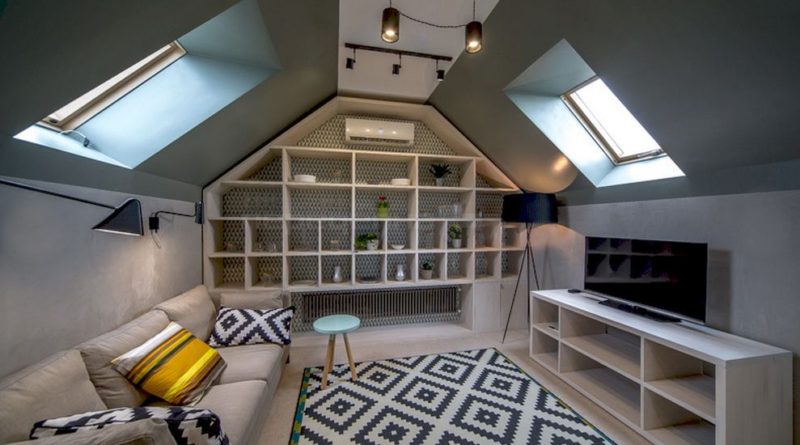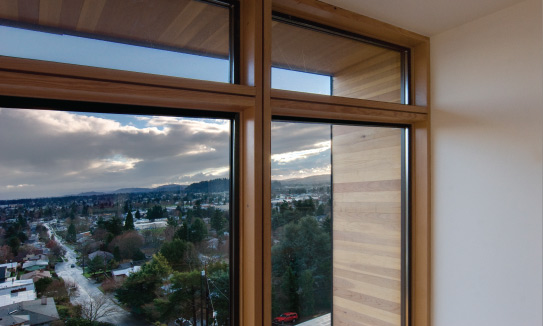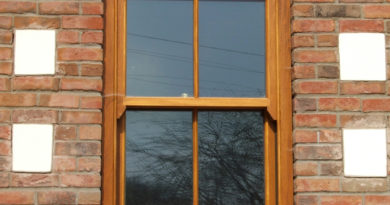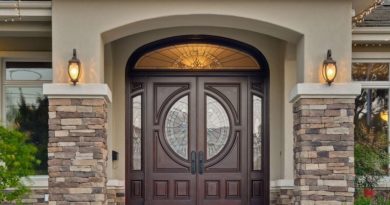SKYLIGHT WINDOWS | An Architect Explains
Skylight window (also called a roof window) is a window installed in the ceiling. It may be fixed or open-able for ventilation. Skylight adds beauty to a house and allows natural light to stream into a room from overhead. If you have an attic or a dark closet or room, you can get sunlight into it via a skylight that runs along the roof.
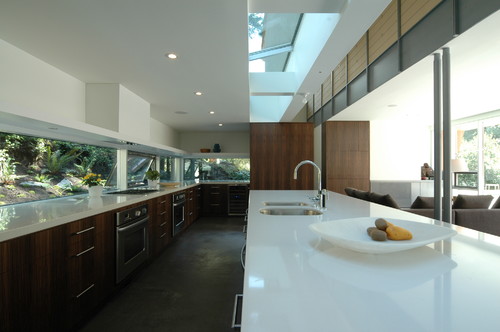
Skylight windows have both advantages and disadvantages which make them suitable only in some places. As an Architect, I have described Skylight windows under the following headings so that you can decide whether it is suited for your requirement and your space:
Where are Skylight windows best suited?
What are the advantages of Skylight windows?
What are the disadvantages of Skylight windows?
WHAT ARE THE TYPES OF SKYLIGHT WINDOWS?
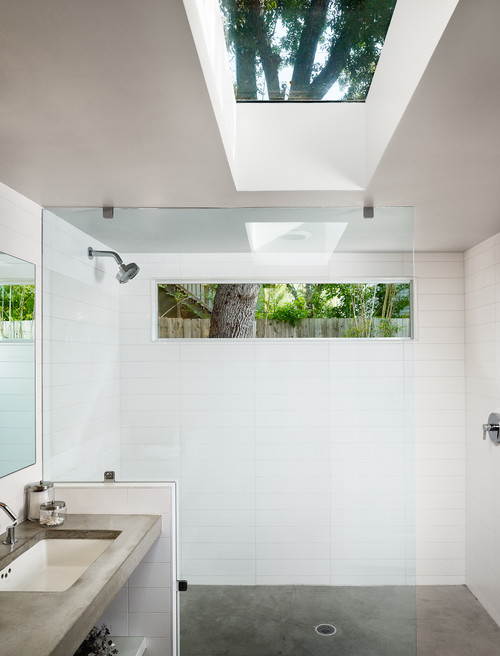
WHAT ARE THE MATERIALS USED FOR SKYLIGHT WINDOWS?
There are different materials that skylights are made from but the most common is glass and plastic. It is usually installed at the portion of the roof that is why it is also called a roof window. Skylights can also be installed at the side of the building or at the walls. Some come with remote-control blinds and coated glass that minimizes exposure to UV rays.
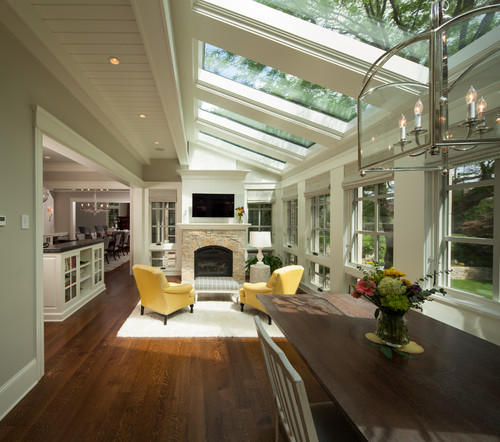
WHAT ARE THE ADVANTAGES OF SKYLIGHT WINDOWS?
Natural Light and Aesthetics: They provide large amounts of natural light and warmth at no cost to the pocketbook or to the environment, because they do not require electricity or another outside energy source.
Energy saving: Skylights allow natural light to enter the building thus minimizing the need for additional lighting and reducing the energy usage and energy bills. The heat from the sun can also come in adding heat to the home so there is a reduced need for gas heating. It is estimated that in a year 20 percent savings can be reduced from the electric and gas use because of skylights.
Spectacular Views: of the outdoors such as clouds, brilliant lightning or a clear, starry night sky. Depending on the size and location of the skylight, the view can be expansive or limited in scope.
Spacious feeling: The natural light also adds a sense of spaciousness in the building.
Environment-friendly: Since the energy use is decreased you will be contributing to the reduction of carbon emission from power plants.
Adds value to a house: The modern appeal of the skylights as well as its energy saving features adds value to the home. You can get back the amount you invested in initially.
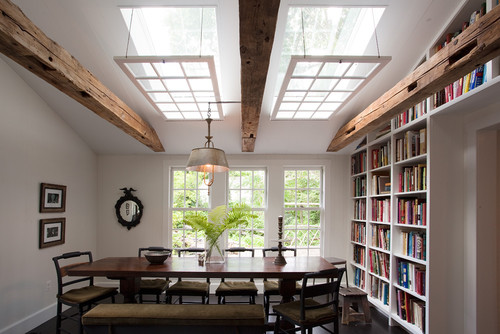
Overhead sunlight good for humans: Studies show that daylight adds to the physiological and psychological well-being of a person. It is also shown to help improve a person’s productivity.
WHAT ARE THE DISADVANTAGES OF A SKYLIGHT WINDOW?
Climate Control: During hot summer months, solar heat gain through the skylight may compel you to readjust the air conditioner’s thermostat to compensate raising power bills. During winter, the frigid air, snow and ice on a skylight can likewise force you to use more heating energy. Condensation that forms on the inside of a skylight also can be a problem in winter.
Cleaning: Most skylights do not have coverings or window treatments, so dust can accumulate quickly. Cleaning and dusting high skylights can be a problem. Dusters with extended handles and ladders are necessary. Moreover, you’ll have to climb onto the roof to clean the exterior.
Fading of upholstery: The intense sunlight also can cause fading of exposed furnishings.
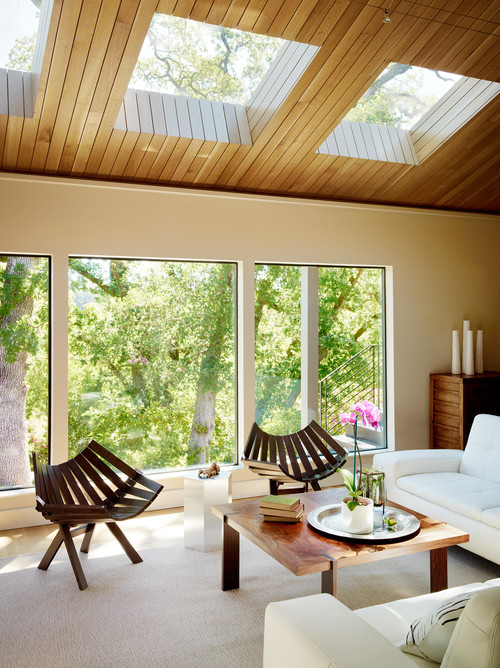
For a concise Vastu guide on doors and windows, please refer to my blog on House construction in India
If you found this post useful, all it takes is a simple click on the “pin it” “like,” “share,” “tweet,” or Google+ buttons below the post. Thank you!

